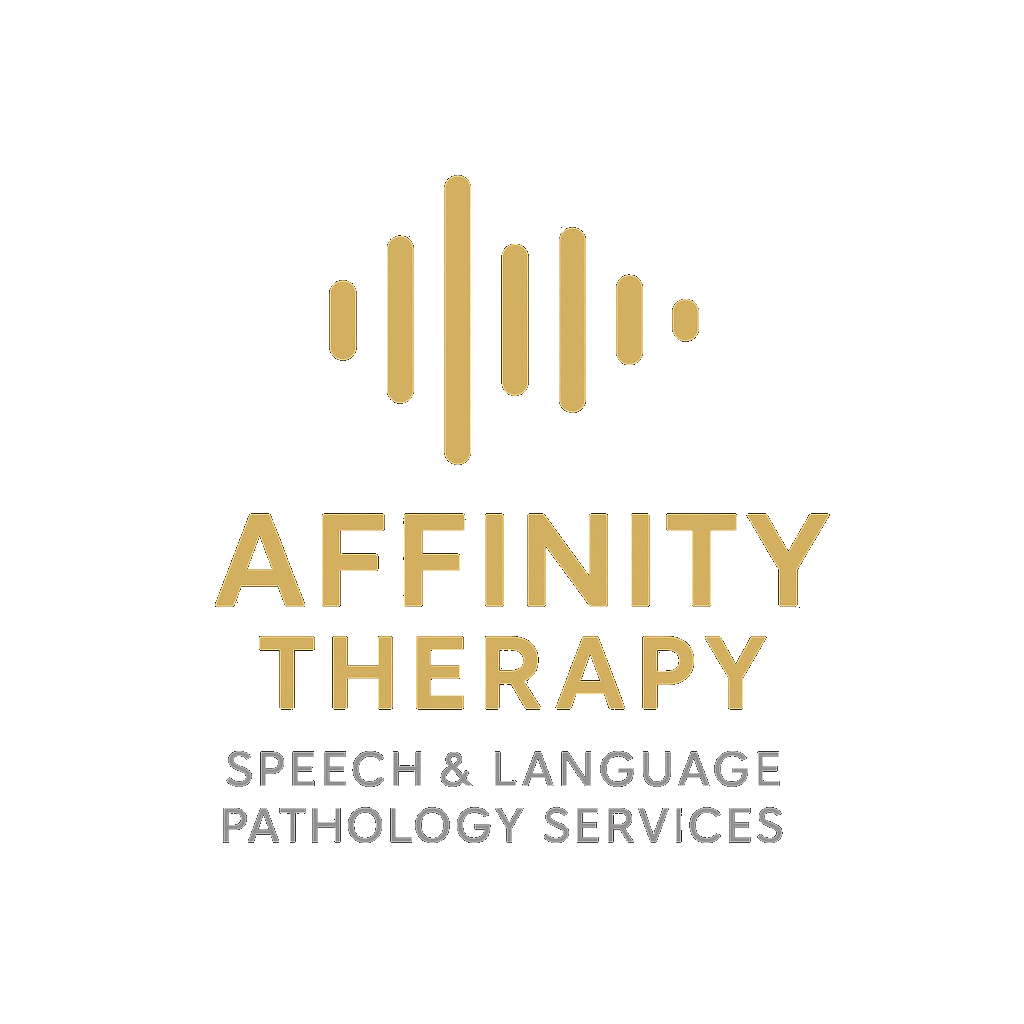Non-Speakers Support
An Invitation to Families
As a Speech-Language Pathologist, I invite families of non-speaking individuals—including those with Apraxia, Autism Spectrum Disorder, or other communication differences—to work together in developing ways to support meaningful communication.
My Focus
My focus is on understanding what already works for your loved one and exploring additional strategies, such as AAC devices, letter boards, or other communication tools, to enhance connection and expression.
Understanding What Works
Building on existing communication strengths and strategies that are already meaningful to your loved one.
AAC Devices & Tools
Exploring assistive technology, communication apps, and devices to expand communication possibilities.
Letter Boards & Alternative Methods
Implementing spelling-based communication systems and other innovative approaches to expression.
Working Together
This is a collaborative space where your insight as a caregiver is central. I bring my professional knowledge, and you bring your lived experience.
Together, we can build strategies that strengthen communication and make interactions with your loved one more meaningful.
Your Insight is Central
Your lived experience and knowledge of your loved one guides our collaborative approach.
Professional Guidance
I provide clinical expertise in communication disorders and evidence-based strategies.
Meaningful Interactions
Building strategies that enhance connection and understanding for the whole family.
Collaborative Partnership
Family + Professional Expertise
My Purpose
My goal is to help your loved one communicate more effectively while learning from your experience what strategies are already meaningful.
By combining professional insight with your knowledge, we can work toward communication approaches that truly support connection and understanding.
Learning from Your Experience
- Understanding current communication patterns
- Identifying what already works well
- Recognizing your loved one's preferences
- Building on family strengths
Professional Insight
- Evidence-based communication strategies
- AAC assessment and implementation
- Alternative communication methods
- Ongoing support and adaptation
Communication Tools & Strategies
AAC Devices
High-tech communication devices and apps tailored to individual needs and abilities.
Letter Boards
Spelling-based communication systems for individuals who can express through written language.
Visual Supports
Picture cards, symbols, and visual schedules to support understanding and expression.
Gestural Communication
Sign language, natural gestures, and body language to enhance communication.
Who This Page is For
Parents and Caregivers
Parents and caregivers seeking ways to support a non-speaking loved one with meaningful communication strategies and tools.
Families Open to Exploration
Families open to exploring strategies such as AAC devices, letter boards, and other communication tools to enhance connection and expression.
Collaborative Approach Seekers
Those interested in collaborative approaches that value both professional guidance and family insight in developing communication strategies.
Communication Differences We Support
Apraxia
Motor speech disorders affecting the ability to coordinate speech movements, requiring alternative communication methods.
Autism Spectrum Disorder
Supporting individuals on the autism spectrum who may benefit from alternative communication approaches and tools.
Other Communication Differences
Various neurological conditions, developmental delays, and acquired conditions affecting verbal communication.
Ready to Explore Together?
If you are interested in exploring ways to enhance communication with your non-speaking loved one, I invite you to reach out. Together, we can work toward approaches that foster connection, understanding, and meaningful communication.
Serving Tennessee & Kentucky
marina@affinitytherapytn.com





